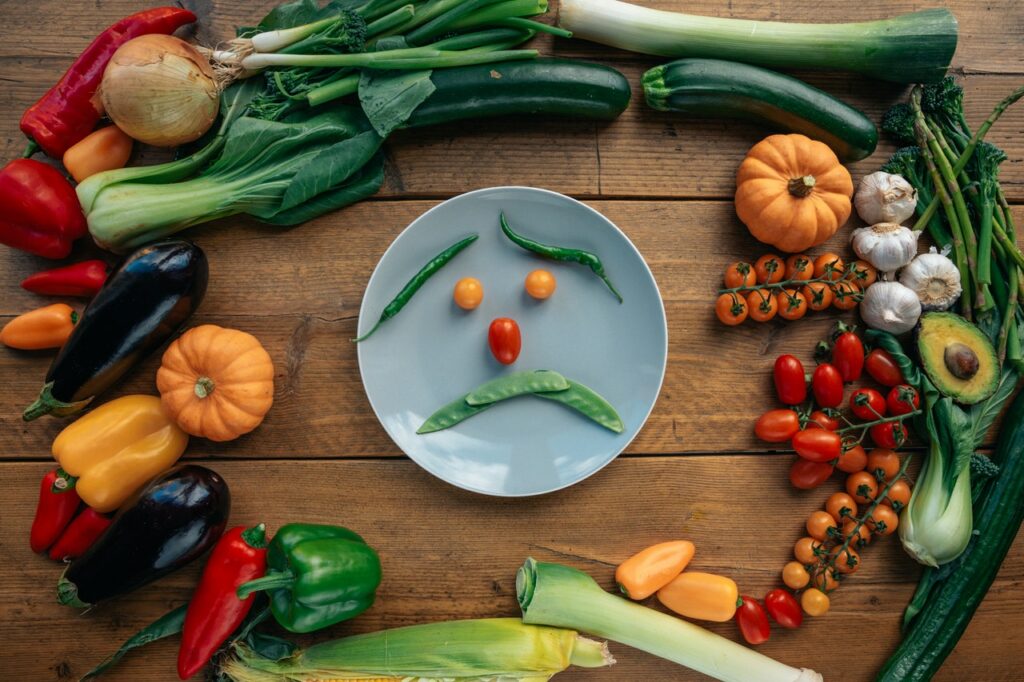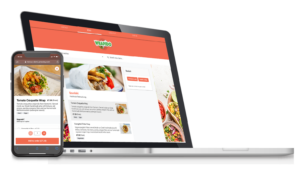In just a few weeks, Natasha’s Law will be enacted. The new regulations are being brought in after Natasha Ednan-Laperouse died following an allergic reaction to an unknown ingredient in a Pret-A-Manger baguette in 2016. It took another three years for the then Environment Secretary to confirm that legislation would be brought in to strengthen allergen labelling rules. Michael Gove was quoted as saying at the time:
“These changes will make food labels clear and consistent and give the country’s two million food allergy sufferers confidence in making safe food choices.”
But what exactly is the new law, and what doesn’t it stipulate? Put simply, any business selling PPDS foods will have to include full ingredients on the product label with allergenic ingredients highlighted for clarity.
PPDS is foods pre-packaged for direct sale on the premises; it is food that has been packaged on-site before being given to a customer. Packaged sandwiches, wrapped cakes, tubs of warm soup – they will all have to comply. And it doesn’t matter how the product is stored and displayed either. Whether in a display cabinet or behind a counter – the same rules apply.
In terms of QikServe’s customers, this will impact some but not all. Cafes and food-to-go are likely to be affected, while takeaways, restaurants, and bars, not.
Since the end of 2014 all foodservice businesses have been required by law to provide information on the 14 allergens that appear as part of the ingredients used in the food they provide. There has, however, been no set rules as to how this information must be given to customers. That’s what Natasha’s Law changes – it stipulates labels must be made clearer.
While it’s not strictly within the new regulations for online menus to include allergen information, and Natasha’s Law doesn’t include reference to digital platforms, we argue it is good practice and in keeping with changing customer expectations to make consumers aware of allergens when they place their order. It’s very easy to do this within QikServe platform. Within the client dashboard, users have a choice of 28 tags which can be assigned to items within the menu. This includes all the major 14 allergens as well as dietary preferences such as Halal, Vegan and Vegetarian.
For restaurants that want to go further, QikServe works with allergen focused technology partners whose software, when integrated with ours, created filtering functions to make it easier for consumers to place orders by splitting menu items out according to their ingredients. What is more, they make it possible to generate compliant labels so that it becomes fast and easy to apply Natasha’s Law compliant labels to packaged food before it goes out.
It is our opinion that Natasha’s Law is just the beginning of a movement towards tougher allergen regulations, and stronger enforcement of those rules. Already there is talk of ‘Owen’s Law’ (so named because it’s being publicly pushed by the parents of Owen Carey, who died after eating a burger while at Byron Burger). If successful, it will impact the way allergen information is displayed and given in restaurants in the UK. This will include fresh food – not just PPDS.
Rather than waiting for the rules to be enforced, brands should be considering how to get ahead of the law. Make changes early, so that they are ready and compliant as soon as they are asked to be, but also because it’s what consumers want from the brands they trust.
If your brand is ready to increase the allergen transparency of its digital ordering platform, get in touch with us and ask how we can help, today.





